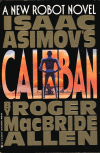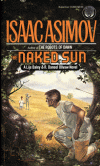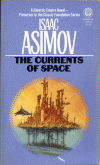About a year an a half ago, I reviewed The Age of Spiritual Machines by Ray Kurzweil. I never did get around to reading his slightly newer book, The Singularity is Near. I just ran across an article that quotes him as saying
I and many other scientists now believe that in around 20 years we will have the means to reprogram our bodies’ stone-age software so we can halt, then reverse, aging. Then nanotechnology will let us live for ever.
He goes on to describe a number of medical advancements that seem unbelievable. He doesn’t really expand on how many people, or rather WHO will have access to this technology. We can’t very well have billions of immortal cyborgs running around for eternity, now can we? I think that those denied immortality, or at least extended life-spans, would wage war against those that would keep the technology for themselves.
Credit: Telegraph via Geekologie
Note: For those of you not familiar with Geekolgie, be sure to check that blog out. I added it to my newsreader about 2 months ago and it keeps me entertained every day!


